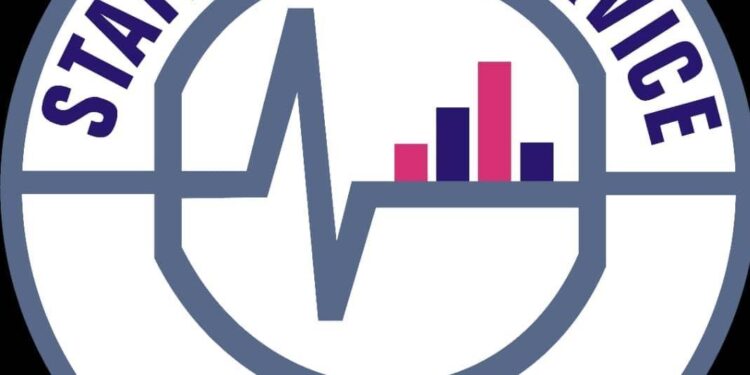The Ghana Statistical Service (GSS) will soon introduce a policy known as the GSS Stats Bank Hackathon which is to release the stress of spending time and money in searching for primary data during research of all forms.
Professor Kobina Esia Donkor, the Head of Department of Population and Health at the University of Cape Coast in an interview on ATL FM’s Atlantic Wave, elaborated on the policy, explaining that, it is a data bank that will have all the statistics one requires.
He noted that this is a way the GSS is bringing data close to the doorstep of the public.
He added that, instead of going to any of the regional offices or the national office of the GSS to get data for various works, the data is readily available to anyone who needs it online.
According to Professor Esia Donkor, this is to make it easier for students, academic staff, institutions and all others to have access to data with no difficulty at all.
He further indicated that the overarching objective of the GSS Stats Bank Hackathon is to make data available in terms of analysis to everyone, making it easy to reduce bureaucracy and cut down costs in accessing data.
“Ghana Statistical Service, in short, GSS is making this so easy for us for a number of reasons. One of them is that at the touch of your computer, you have access to data which minimizes or reduces any form of bureaucracies as well as cost. Now, you don’t need to worry yourself going to collect primary data, the secondary data is available for all of us” he said.
How Data can be accessed from the GSS website
Explaining how the needed statistics can be accessed from the GSS website, a lecturer with the Department of Population and Health at the University of Cape Coast, Dr. Kwamena Sakyi Dickson described the process as simple and straightforward as the census collected about 100 indicators.
“So, they all place an application that can have access to it. So, it’s going to be placed on the GSS website. Once you go there, you can interact with the data. So, whatever you want from the sections of the census, you click on the button and the application will give you what you need.
You need something, for example, education for instance. Maybe you want to know those who are literate in your region and how the ages rank. Just go to the application and give it input the commands that you need. Then the system will generate the tables as well as visualizations for you, trying to bring the data close to users.”
Read also: COP Mensah, 3 others interdicted over leaked tape
Source: Priscilla Loo/ATLFMNEWS

























